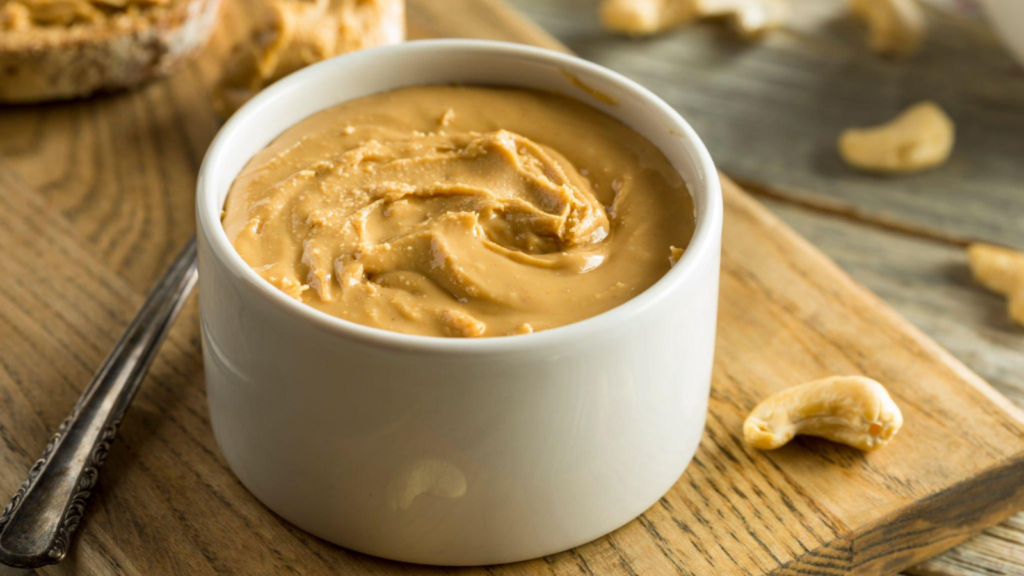With the rise of health-conscious consumers, many are exploring alternatives to traditional sodas. One such alternative is Olipop, a brand that markets itself as a healthier soda option. But is Olipop healthy? This article dives into the nutritional profile, ingredients, and health claims of Olipop to provide a balanced perspective on its consumption.
What is Olipop?
Olipop is a sparkling tonic that combines prebiotics, botanicals, and a hint of natural sweetness. It aims to provide the fizzy satisfaction of soda without the negative health effects typically associated with sugary drinks. But how does it measure up nutritionally? Let’s examine its core components.
Nutritional Breakdown
Here’s a concise nutritional comparison of Olipop versus traditional soda:
| Nutritional Component | Olipop (per 12 oz) | Traditional Soda (per 12 oz) |
|---|---|---|
| Calories | 35 | 150-200 |
| Sugar | 2g | 30-40g |
| Artificial Sweeteners | None | Yes |
| Fiber | 9g | 0g |
Olipop stands out with its low calorie count and minimal sugar compared to regular sodas.
Key Ingredients
Olipop’s formula includes:
- Prebiotic Fiber: Promotes gut health.
- Natural Flavors: Enhances taste without the use of artificial preservatives.
- Botanicals: Ingredients like ginger and chamomile offer additional health benefits.
These components raise an important question: Do they actually contribute to health?
Health Benefits of Olipop
- Supports Digestive Health: Olipop contains prebiotic fiber, which is essential for gut health. Prebiotics feed the beneficial bacteria in your gut, which can improve digestion and overall gut function.
- Low in Sugar: Compared to the sugar-laden traditional sodas, Olipop has significantly lower sugar content. This reduction is beneficial for weight management and reducing the risk of diabetes.
- Natural Ingredients: With no artificial sweeteners, preservatives, or flavors, Olipop may be a cleaner alternative for those looking to avoid processed ingredients.
- Hydration: As a sparkling beverage, Olipop can contribute to daily hydration. Staying hydrated is crucial for bodily functions, including metabolism and cognitive performance.
- Unique Flavors: Olipop offers a variety of flavors, such as Vintage Cola and Strawberry Vanilla. This variety can make healthier drinking choices more enjoyable.
Are There Downsides?
While Olipop has many benefits, it’s essential to consider potential downsides:
- Cost: Olipop can be pricier than traditional sodas. A 12-pack can cost significantly more than a comparable pack of regular soda, which may not be feasible for everyone.
- Not a Complete Replacement: Although Olipop is healthier than soda, it shouldn’t replace water or other essential beverages in your diet. It’s a good choice for an occasional treat but not a primary hydration source.
- Gut Reactions: For some individuals, ingesting too much fiber can lead to digestive issues such as bloating or gas, especially if they’re not used to a high-fiber diet.
Real-Life Examples: Consumer Experiences
To illustrate the varied responses to Olipop, let’s look at some consumer experiences.
- Sarah, 28: “I switched to Olipop from regular soda and noticed a significant difference in my energy levels. Plus, I love the variety of flavors!”
- Mike, 35: “I enjoy Olipop, but I can’t drink it all the time. I still prefer water for my daily hydration.”
Such feedback highlights differing opinions on Olipop’s effectiveness and place in a balanced diet.
Olipop’s Role in a Balanced Diet
- Moderation is Key: Olipop can fit into a balanced diet as an occasional beverage. Enjoy it during social gatherings or as a refreshing treat after a workout.
- Pairing with Healthy Foods: Consider pairing Olipop with healthy snacks. For example, a can of Olipop with a plate of fresh fruits or a salad can make a satisfying meal.
- Hydration Strategy: While Olipop is lower in calories, it should not replace essential hydration. Aim to drink plenty of water throughout the day.
Is Olipop Good for Weight Loss
Olipop can be a supportive beverage for those on a weight loss journey. With only 35 calories per 12-ounce can and just 2 grams of sugar, it offers a guilt-free way to satisfy cravings for fizzy drinks without the empty calories found in traditional sodas. The prebiotic fiber in Olipop may also aid digestion and promote a feeling of fullness, potentially reducing overall calorie intake. However, it should not replace water or nutritious foods in your diet. Incorporating Olipop as an occasional treat can make maintaining a healthy lifestyle more enjoyable while supporting weight management efforts.
Olipop Side Effects
While Olipop is marketed as a healthier alternative to soda, some individuals may experience side effects from its consumption. The prebiotic fiber in Olipop can cause digestive issues such as bloating, gas, or discomfort, especially if someone is not accustomed to a high-fiber diet. Additionally, consuming it in excess may lead to an imbalance in gut bacteria. Although Olipop contains no artificial sweeteners or preservatives, some people may still have sensitivities to natural ingredients or flavors. As with any food or beverage, moderation is key; it’s advisable to monitor your body’s response after trying Olipop.
Conclusion
So, is Olipop healthy? The answer is nuanced. Olipop offers a healthier alternative to traditional soda with its low sugar, natural ingredients, and prebiotic benefits. However, it’s important to consume it in moderation and as part of a varied diet.
Final Thoughts
As with any food or beverage choice, consider what works best for your individual health goals. For many, Olipop can be a delightful addition to a health-focused lifestyle, offering a balance of enjoyment and nutrition.


